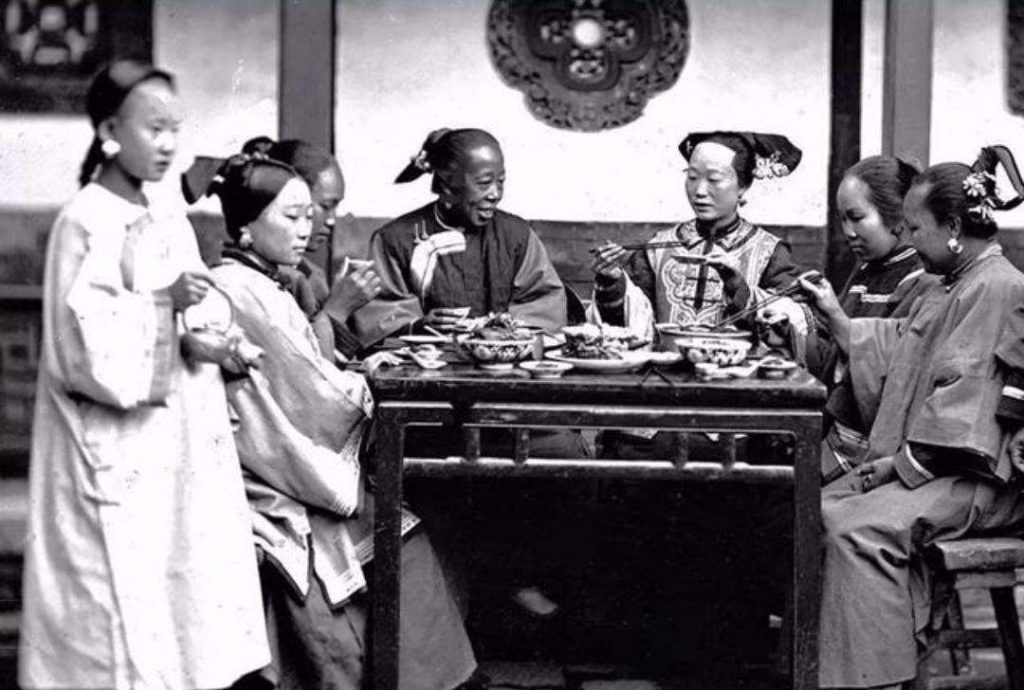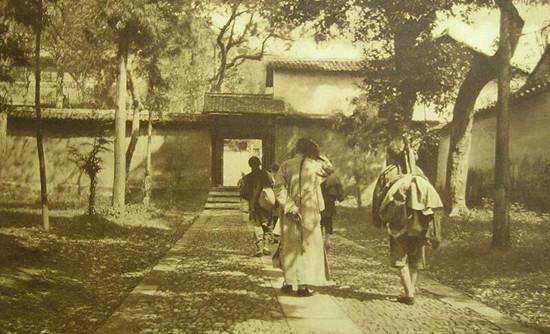Late Qing Dynasty
2 min readThe two Opium Wars and the opium trade were costly outcomes for the Qing Dynasty and the Chinese people.The Qing imperial treasury was declared bankrupt twice arising from indemnities incurred in the Opium Wars and the large outflow of silver due to the opium trade(in tens of billions of ounces).China suffered two extreme famines exactly 20 years after each Opium War in the 1860s and 1880s,and the Qing Imperial Dynasty was ineffective in helping thepopulation.Socially these events had a profound impact as it challenged the hegemony that the Chinese had enjoyed in Asia for centuries.As a result,the country was in a state of turmoil.

A large rebellion,the Taiping Rebellion,involved around a third of China falling undercontrol of the Taiping Heavenly Kingdom,a quasi-Christian religious movement led by the“Heavenly King”Hong Xiuquan(1814-1864).Only after 14 years were the Taipings finally crushedthe Taiping army was destroyed in the Third Battle of Nanjing in 1864.
In total,between 20 million and 50 million lives were lost,making it the second deadliest war in Chinese history.
The Qing officials were slow to adopt modernity and suspicious of social and technological advances that they viewed as a threat to their absolute control over China.As an example,gunpowder had been widely used by the army of the Song and Ming Dynasties,but then wasforbidden by the Qing rulers after they took over China.Therefore,the dynasty was illequipped to handle the Western encroachment.Western powers did intervene militarily to quell domestic chaos,such as the Taiping Rebellion and the anti-imperialist Boxer Rebellion.
By the 1860s,the Qing Dynasty had put down the rebellions at enormous cost and loss of life.This undermined the credibility of the Qing regime,and provincial leaders and gentrycontributed to the rise of warlordism in China.The Qing Dynasty under Emperor Guangxu(1871-1908)proceeded to deal with the problem of modernization through the Westernization Movement or Self-strengthening Movement.However,between 1898 and 1908,the Empress Dowager Cixi(1835-1908)had the reformist Guangxu imprisoned for being”mentally disabled.”The Empress Dowager,with the help of conservatives,initiated a military coup,effectively removed the young emperor from power,and overturned most of the more radical reforms.Guangxu died one day before the death of the Empress Dowager.Official corruption,cynicism,and imperial family quarrels made most of the military reforms useless.As a result,the Qing’s”New Armies”were soundly defeated in the Sino-French War(1883-1885)and the First Sino-Japanese War(1894-1895).

At the start of the 20th century,the Boxer Rebellion threatened northern China.This was a conservative anti imperialist movement that sought to return China to old ways.The Empress Dowager,probably seeking to ensure her continued grip on power,sided with the Boxers when they advanced on Beijing.Consequently,the Eight-nation Alliance invaded China.
Consisting of British,Japanese,Russian,Italian,German,French,Austrian and the US troops,the alliance defeated the Boxers and demanded further concessions from the Qing government.








